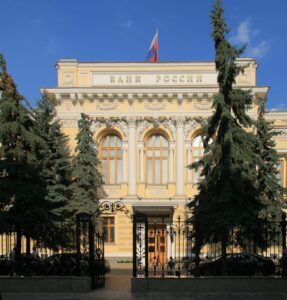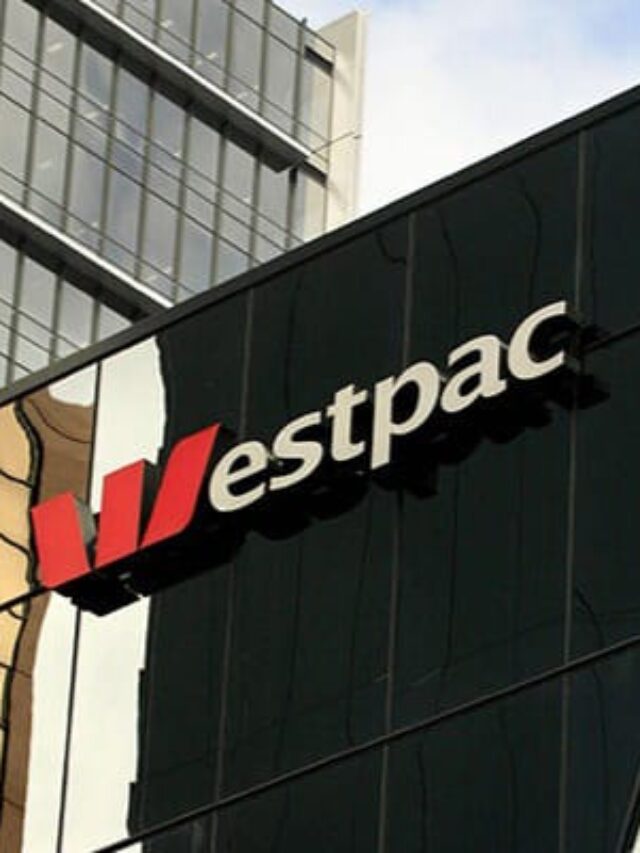Russia Opens Limited Door to Crypto for Elite Investors
The Bank of Russia is cautiously opening the door to cryptocurrency investments—but only for its wealthiest and most experienced investors.
In a statement released Wednesday, the central bank announced that licensed financial institutions in Russia can now offer crypto-linked financial products, such as derivatives and securities, to so-called “qualified investors.” These products will not involve the direct transfer of cryptocurrencies; instead, their returns will be tied to crypto price movements.

The structure is designed to prevent direct crypto ownership, reflecting the Bank’s continued skepticism toward broader crypto adoption. All participating institutions must apply stringent risk controls, hold capital to fully back these products, and set individual exposure limits for each investor. The Bank of Russia plans to codify these restrictions into a regulatory framework later this year, citing concerns about crypto market volatility.
At the same time, the central bank reiterated its long-standing warning against retail crypto trading, urging both financial firms and their clients to avoid direct purchases of digital assets.
Crypto Sandbox Under Review, Sberbank Steps In
Meanwhile, the Russian government is reviewing a Bank of Russia proposal to establish a controlled environment for real crypto transactions. The plan, introduced in March, would create an “experimental legal regime” (EPR) lasting three years, where only a narrow group of qualified investors could directly buy or sell crypto.
Bank of Russia Governor Elvira Nabiullina told the Russian Stock Market 2025 conference on May 16 that the country’s crypto market needs new legal frameworks and robust infrastructure. She emphasized that participation in the EPR would be limited to investors meeting strict criteria, including holding more than 100 million rubles in assets or earning at least 50 million rubles annually.
Discussions on finalizing the rules are still underway, with the government expected to accelerate the process.
While regulations evolve, Russia’s largest bank is preparing to take an active role. Alexander Zozulya, Head of Global Markets at Sberbank, said the bank aims to become a liquidity provider for upcoming regulated crypto exchanges. These platforms will cater exclusively to thoroughly vetted investors.
“We will act as a market maker on these regulated exchanges,” Zozulya said. “The goal is to ensure structure and reliability in crypto trading under controlled conditions.”
Crypto Activity Surges in Russia Amid Global Trends
Crypto-related activity by Russian residents has soared in recent months. According to the Bank of Russia, transactions involving major global crypto exchanges jumped more than 51% in late 2024 and early 2025, totaling 7.3 trillion rubles (approximately $91 billion).
The central bank attributed part of this surge to increased international confidence in crypto markets, driven in part by former U.S. President Donald Trump’s vocal support for Bitcoin. This global sentiment has made a notable impact in Russia.
In addition, cryptocurrency is playing a growing role in Russia’s foreign trade. Several Russian oil companies have begun using Bitcoin, Ether, and stablecoins such as Tether in cross-border transactions with China and India. These digital assets help facilitate currency exchanges—converting yuan and rupees into rubles—while bypassing Western financial systems.
Although still a small fraction of Russia’s $192 billion oil trade, the use of crypto in energy exports is steadily expanding, according to the International Energy Agency.
Disclaimer and Risk Warning
coinweck does not endorse or is responsible for any content, accuracy, quality, advertising, products, or other materials on this page. The image used in this article is for informational purposes only and is provided to us by a third party. coinweck should not be held responsible for image copyright issues. Contact us if you have any issues or concerns. Readers should do their research before taking any actions related to the company.









